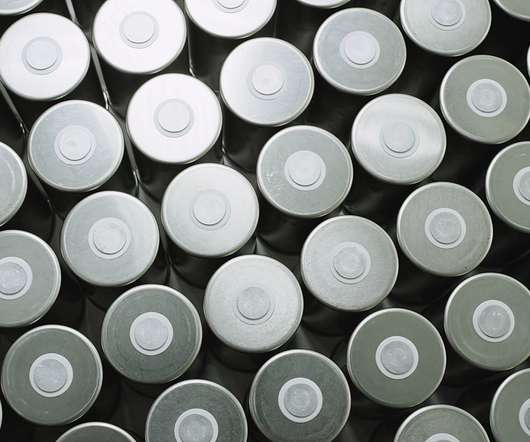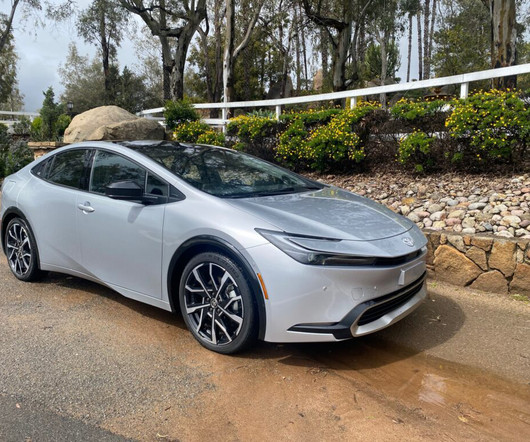NGen Canada awarding $76M to 15 zero-emission vehicle projects
Green Car Congress
APRIL 30, 2022
In 2021, Next Generation Manufacturing Canada (NGen) launched a call for proposals to support R&D projects for zero-emission vehicle (ZEV) manufacturing, systems, components, and batteries in Canada. The selected projects are: Advanced Manufacturing Process Innovations – Flex-Ion Battery Innovation Center. Lead: Ventra Group Co.;







































Let's personalize your content